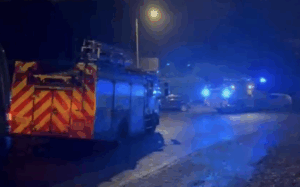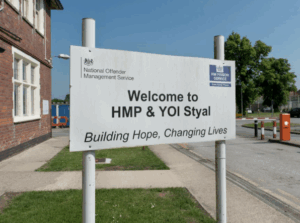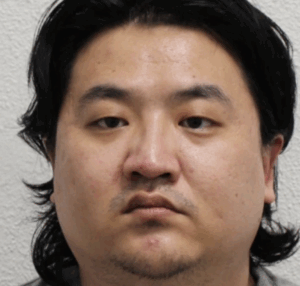Woolwich Crown Court, the principal venue for serious criminal cases in Bexley, Bromley, Greenwich, and Lewisham, is bracing for increased delays as England and Wales’s Crown Court backlog exceeds 75,000 cases for the first time on record.
The court, which also regularly hosts high-security terror trials due to its proximity to HMP Belmarsh, is among many across the country facing unprecedented strain.
Trials Now Scheduled as Far Ahead as 2029
New figures from the Ministry of Justice reveal that some criminal trials are being listed up to four years in advance, meaning victims and defendants may not see resolution until 2029.
Across England and Wales, the growing backlog is being described by legal experts as a “justice emergency”, as delays in court proceedings threaten both victims’ rights and the fairness of prosecutions.
Minister: “System Is at Breaking Point”
Sarah Sackman KC, Courts and Legal Services Minister, expressed grave concern about the increasing caseloads. In a statement on Thursday, she said:
“Despite the hard work of people across the criminal justice system, the situation in our Crown Courts is reaching breaking point.
We inherited a courts crisis with an ever-growing backlog which, at its current rate of increase, will hit 100,000 before 2028.”
She previously estimated the system would reach that milestone by 2029, but revised the projection forward, citing the latest trends.
Woolwich Crown Court in Focus
Woolwich is a designated high-security court, frequently selected for terrorism and organized crime trials. Its proximity to HMP Belmarsh, which houses some of the UK’s most dangerous offenders, makes it a critical node in the justice system.
While court-specific backlog data has not yet been released, lawyers warn that Woolwich is unlikely to escape the wider crisis—particularly with its role in handling complex and high-risk cases that often demand more court time.
Systemic Reform Incoming
The government has commissioned Sir Brian Leveson to publish a once-in-a-generation review into Crown Court operations, which is expected to propose a sweeping overhaul of how justice is delivered.
Meanwhile, recommendations from an independent sentencing review by former Justice Secretary David Gauke are already being adopted to address prison overcrowding and sentencing delays.
Legal Community Reacts
Mary Prior KC, Chair of the Criminal Bar Association, said:
“Whatever the radical reforms suggested in ongoing reviews, implementation will take at least another year.
Traumatized victims and innocent defendants waiting years for their day in court may walk away unheard and unseen.”
She urged ministers to immediately reopen unused courtrooms and bolster judicial resources before systemic changes are introduced.
What’s Next?
The Leveson Review, due in the coming weeks, is expected to outline concrete solutions for cutting delays. However, many in the legal profession are sceptical that even bold recommendations can be implemented in time to avert a crisis of public confidence.
In the meantime, defendants, victims, and witnesses will continue to endure the uncertainty of a system struggling under record caseloads.





































